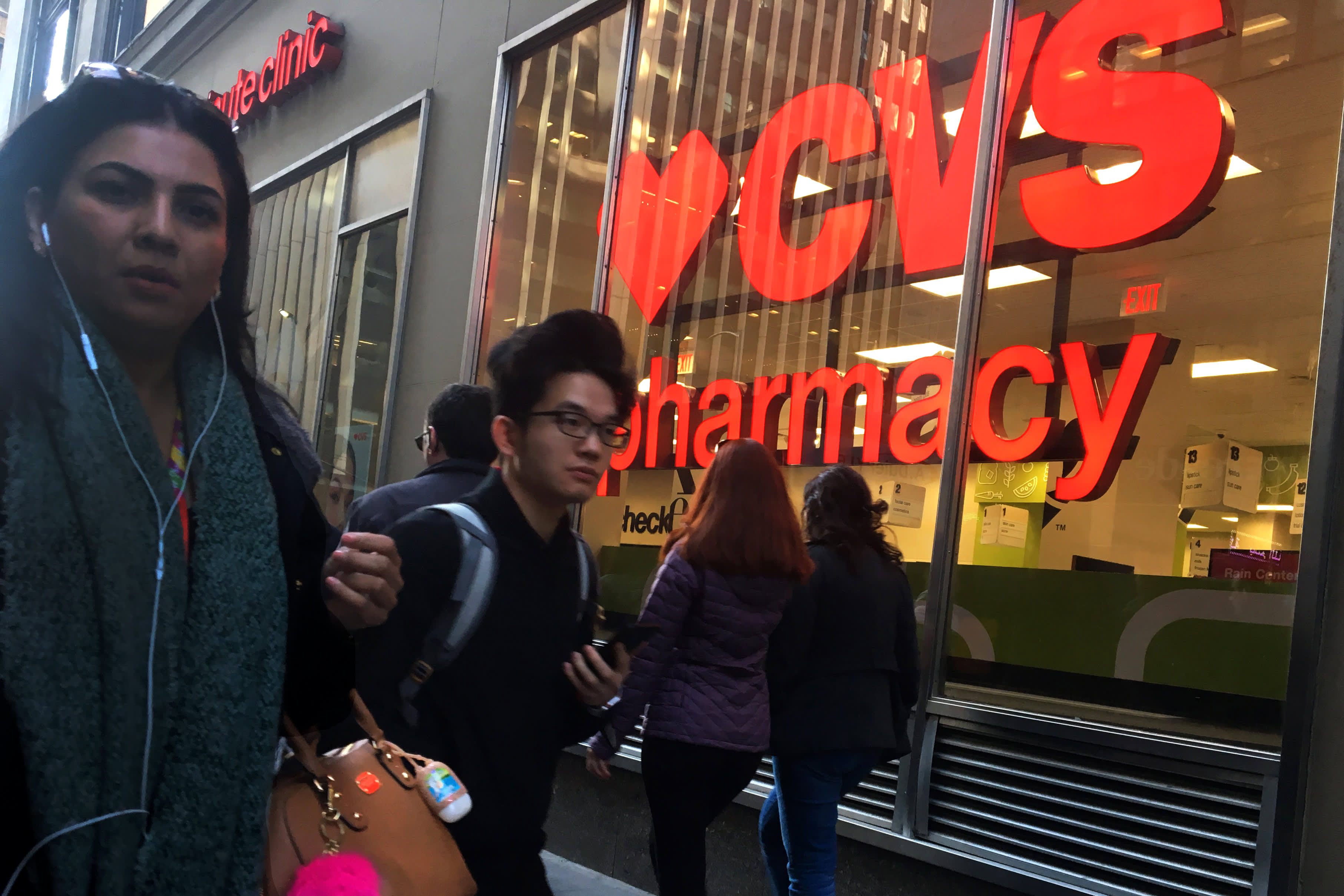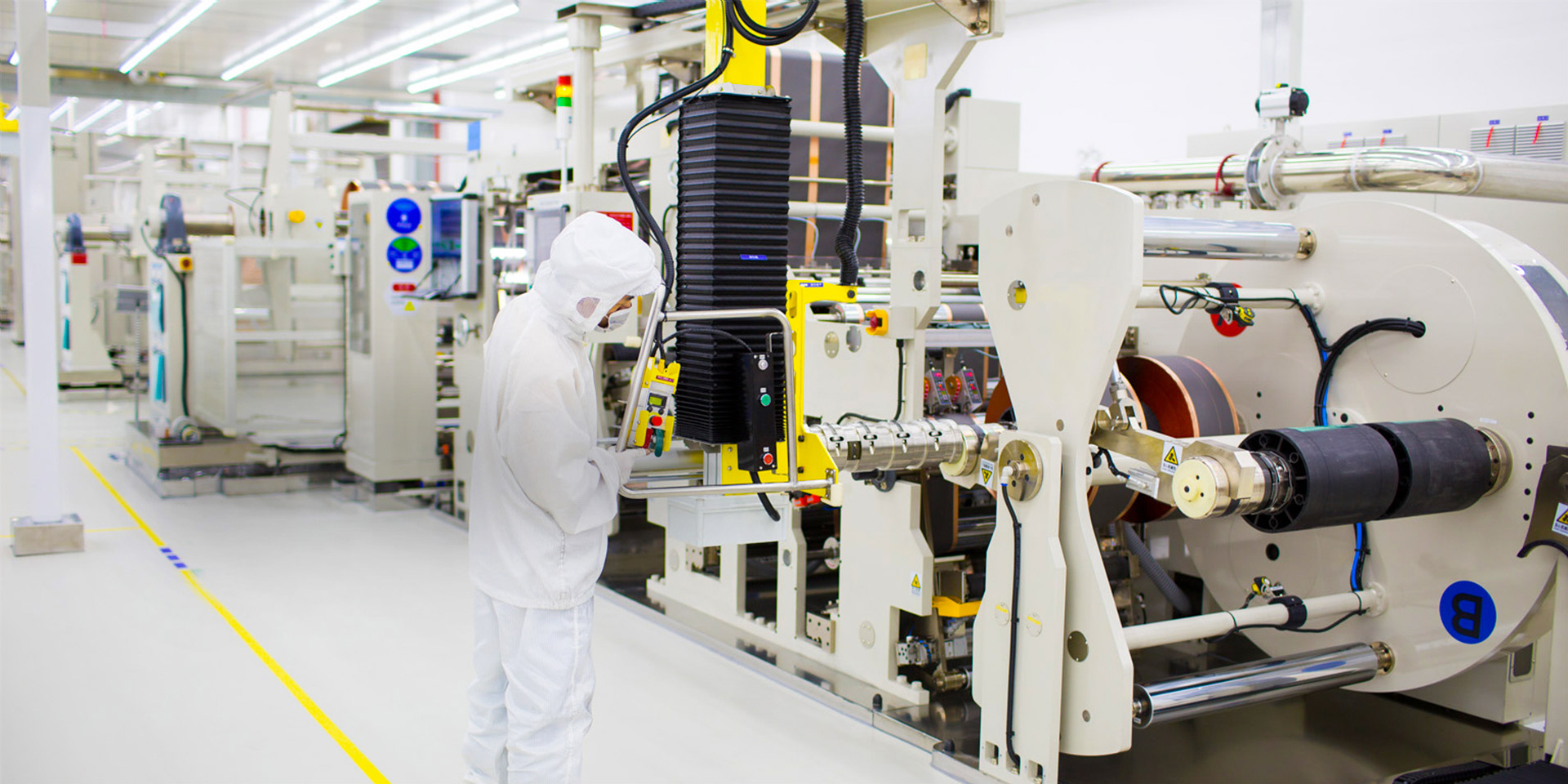 SoftBank CEO Masayoshi SonKim Kyung-Hoon/Reuters
SoftBank CEO Masayoshi SonKim Kyung-Hoon/Reuters
- SoftBank lost at least $4.7 billion by investing in WeWork after the shared-workspace group's IPO collapsed and its valuation plunged from $47 billion in January to below $10 billion.
- "My own investment judgment was really bad. I regret it in many ways," CEO Masayoshi Son said at a news conference, according to the Wall Street Journal.
- SoftBank reduced its overall valuation of WeWork to $7.8 billion.
-
Watch SoftBank trade live.
SoftBank lost at least $4.7 billion by investing in WeWork after the shared-workspace group's IPO collapsed and its valuation plunged from $47 billion in January to below $10 billion.
In an earnings filing on Wednesday, the Japanese conglomerate slashed its estimated valuation of the embattled startup to $7.8 billion as of the end of September.
The WeWork writedown fueled an $8.9 billion operating loss at SoftBank's Vision Fund and Delta Fund in the second quarter — a sharp swing from their $3.6 billion profit in the same period last year. The upshot was an overall operating loss of $6.5 billion.
'I regret it'
SoftBank CEO Masayoshi Son shouldered the blame for the weak results, according to the Wall Street Journal. "My own investment judgment was really bad. I regret it in many ways," he said at a news conference.
Son also admitted to overlooking the controversial behavior of WeWork cofounder and former CEO Adam Neumann, who leased properties to his company, charged it nearly $6 million for the "We" trademark, and raised $700 million by selling and borrowing against company stock.
"I shut my eyes to a lot of his negative aspects," Son said, according to the Journal.
SoftBank agreed a $9.5 billion rescue package with WeWork last month in exchange for an 80% stake in the ailing business. The deal includes $1.5 billion in warrants, up to $3 billion in stock purchases, and $5 billion in debt financing. The company didn't assess the financial impact of the funding agreement in its latest earnings.
SoftBank has invested a total of $10.3 billion in WeWork, comprising $6 billion from a wholly owned subsidiary and $4.3 billion from its Vision Fund. It cut the estimated value of the subsidiary's stake by $4.7 billion to $1.3 billion, and more than halved the value of the Vision Fund's investment to $2.1 billion.
Son told colleagues "we created a monster" in WeWork by investing billions only to end up bailing it out, the Financial Times reported.
https://www.businessinsider.com/softbank-lost-at-least-47-billion-wework-valuation-2019-11
2019-11-06 12:18:41Z
52780428475434




